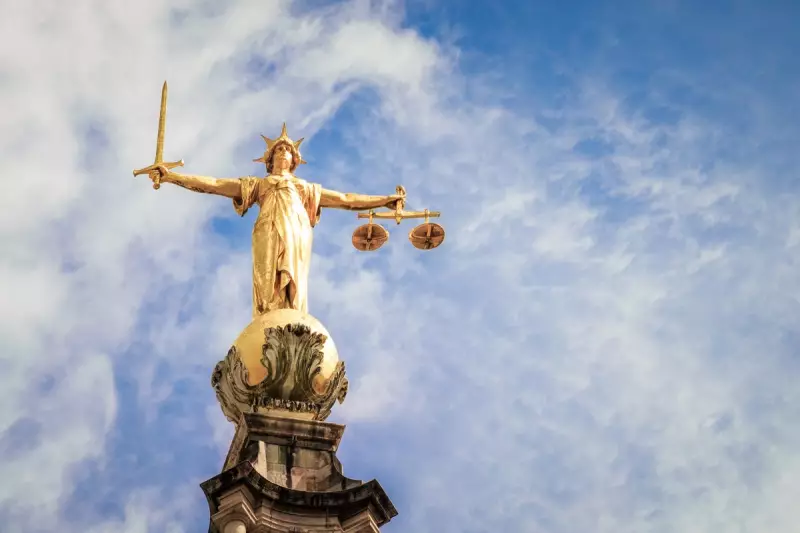
In a landmark move that bridges centuries-old legal tradition with cutting-edge technology, judges across England and Wales have received their first official guidance on using artificial intelligence in courtrooms and legal proceedings.
The New AI Rulebook for British Justice
The Judicial Office has issued comprehensive guidelines that acknowledge AI's potential benefits while highlighting significant risks to the administration of justice. This development comes as legal professionals increasingly experiment with tools like ChatGPT for various legal tasks.
Approved uses include:
- Drafting legal documents and emails
- Summarising complex text and legal documents
- Conducting preliminary legal research
Strict Prohibitions: Where AI Must Not Tread
The guidance draws clear red lines around AI usage, particularly concerning sensitive judicial work:
- No legal analysis or research without thorough human verification
- Absolute ban on inputting confidential case information
- No reliance on AI for case law without independent checking
Why Caution Prevails in Courtroom AI
The guidance highlights several critical concerns that make AI particularly risky for legal applications:
AI systems are notorious for 'hallucinating' - inventing plausible-sounding but entirely fictitious legal precedents and case references. This poses a fundamental threat to the integrity of legal proceedings where accuracy is paramount.
Additionally, the guidance warns that information submitted to AI platforms may become training data for future models, potentially breaching client confidentiality and data protection requirements.
The Global Context: AI Meets Law Worldwide
This development places the UK alongside other jurisdictions grappling with AI's role in legal systems. The guidance follows international incidents where lawyers have faced sanctions for submitting AI-generated content containing fabricated legal authorities.
As one judiciary spokesperson noted: "While AI offers exciting possibilities, the fundamental principles of justice - accuracy, fairness, and confidentiality - must never be compromised."
The guidelines represent a cautious but forward-thinking approach to technological adoption in one of Britain's most traditional institutions, setting the stage for how AI will shape the future of British justice.





